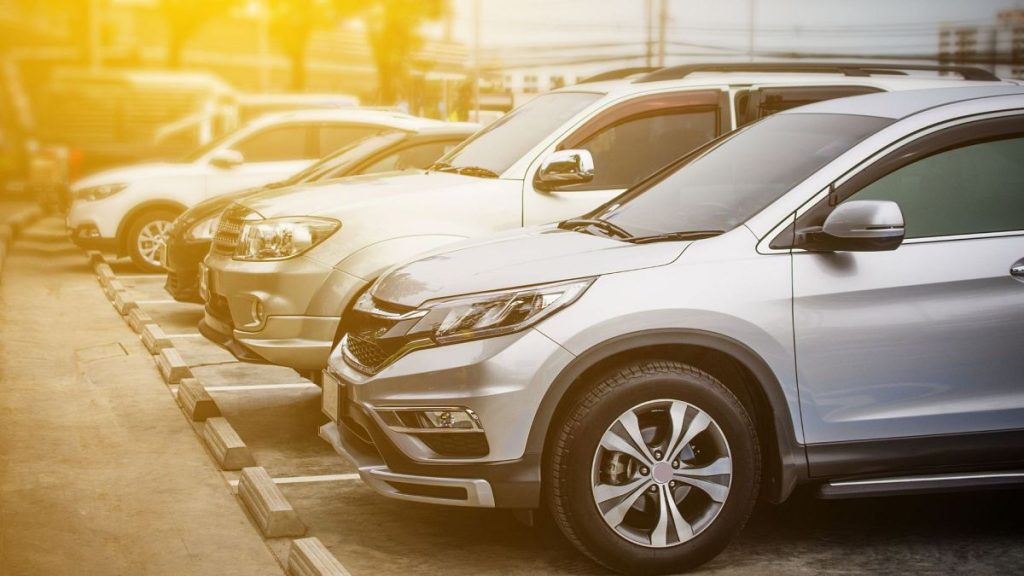The European automotive industry finds itself navigating a complex geopolitical landscape, requiring a delicate balancing act between maintaining vital trade relationships with both the United States and China. The rise of protectionist sentiments, particularly with the incoming US administration’s stated intentions to impose tariffs on Chinese imports, presents a significant challenge for European car manufacturers. The European Automobile Manufacturers’ Association (ACEA), representing major European car companies, has urged the European Union to prioritize open trade with both superpowers, emphasizing their crucial role in the industry’s success. Fears of escalating trade wars and retaliatory measures underscore the need for a strategic approach that safeguards European automotive interests.
The ACEA’s call for a “grand bargain” with the US reflects the industry’s concern over potential disruptions to transatlantic trade. The incoming US administration’s focus on protecting domestic jobs could lead to tariffs and trade barriers that negatively impact European car exports. Simultaneously, the existing trade tensions between the EU and China, particularly concerning subsidies for Chinese electric vehicle manufacturers, add another layer of complexity. The European automotive industry is caught in the crossfire, seeking to avoid becoming collateral damage in a larger trade conflict.
The ACEA’s plea highlights the interconnectedness of the global automotive market. China, in particular, has become a vital market for European car manufacturers, offering significant growth opportunities. Many European car brands have established substantial operations in China, benefiting from government incentives and access to a large consumer base. However, this dependence on the Chinese market also creates vulnerability to potential retaliatory measures, such as tariffs on European car imports. Maintaining open trade with China is therefore essential for the continued success of the European automotive industry.
The challenge facing European policymakers is to find a way to balance competing interests. On the one hand, there is the need to address concerns about unfair trade practices, such as Chinese subsidies, and protect European jobs. On the other hand, there is the imperative to maintain access to crucial markets, both in the US and China, to support the growth and competitiveness of the European automotive industry. The ACEA argues that protectionist measures, such as tariffs, are not the solution and that trade wars ultimately have no winners. Instead, they advocate for strengthening the European internal market and finding mutually acceptable solutions through negotiation.
The European car industry is facing increasing pressure from Chinese competitors, whose products often benefit from subsidies and offer competitive pricing. This has led to the EU imposing tariffs on imported Chinese electric vehicles, a move opposed by the German car industry, which has significant investments in China. The fear is that such tariffs could provoke retaliatory action from China, jeopardizing their market access and investments. The situation is further complicated by allegations of human rights abuses in Xinjiang, where Volkswagen previously operated a factory, adding an ethical dimension to the trade considerations.
The European automotive industry’s future hinges on navigating these complex trade relationships successfully. Finding a balanced approach that safeguards European interests while maintaining open trade with both the US and China is crucial. The ACEA’s call for a “grand bargain” and their emphasis on negotiation and cooperation reflect the industry’s understanding that protectionist measures are unlikely to lead to a positive outcome. The task now lies with European policymakers to find a path forward that supports the long-term health and competitiveness of the European automotive sector in a challenging global environment.














